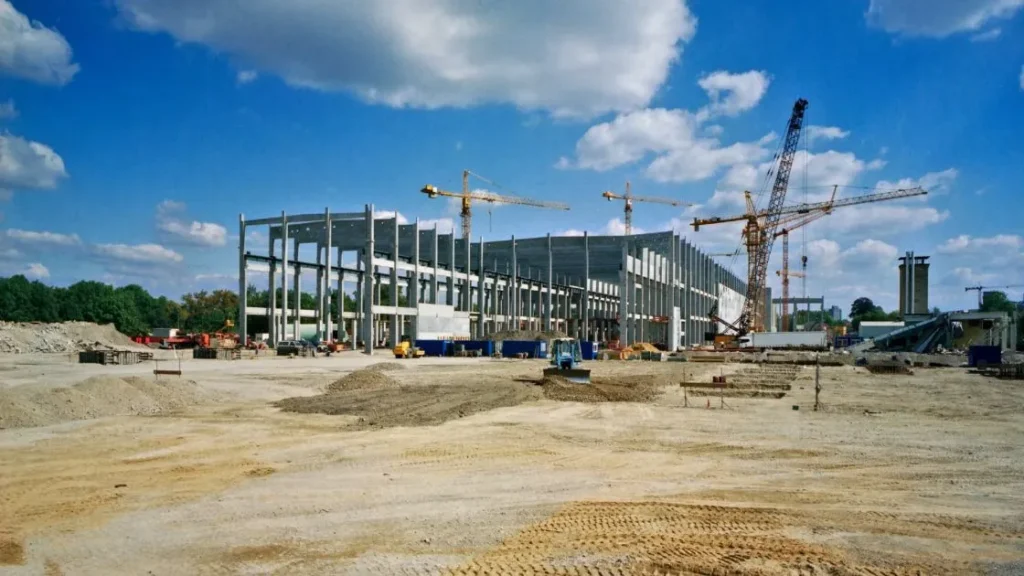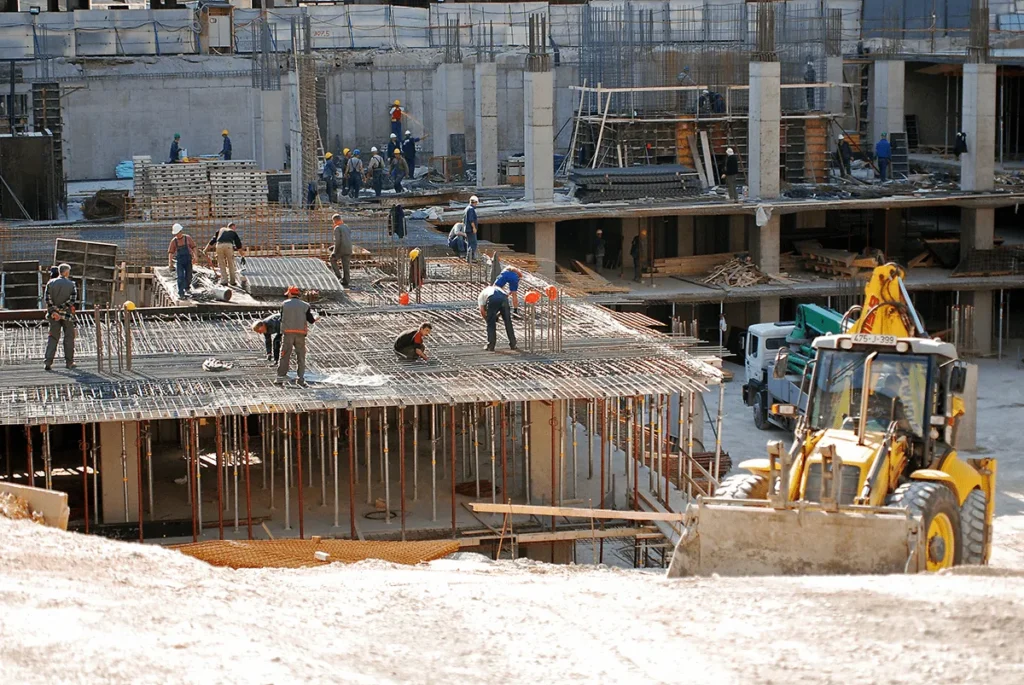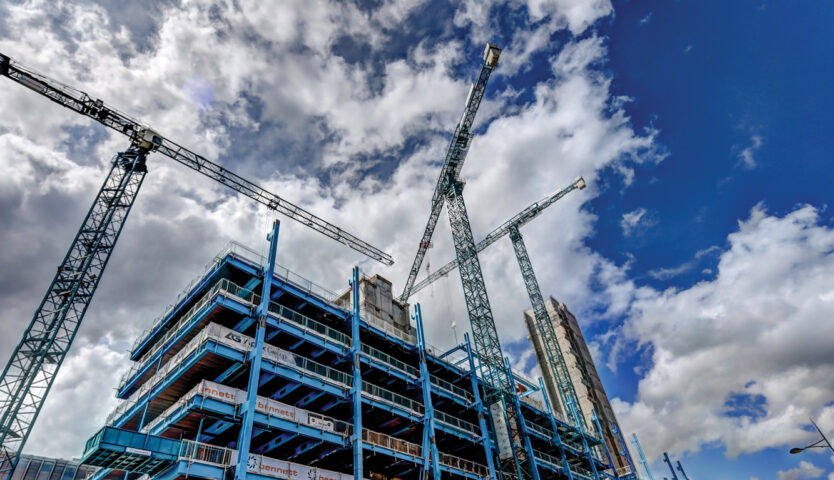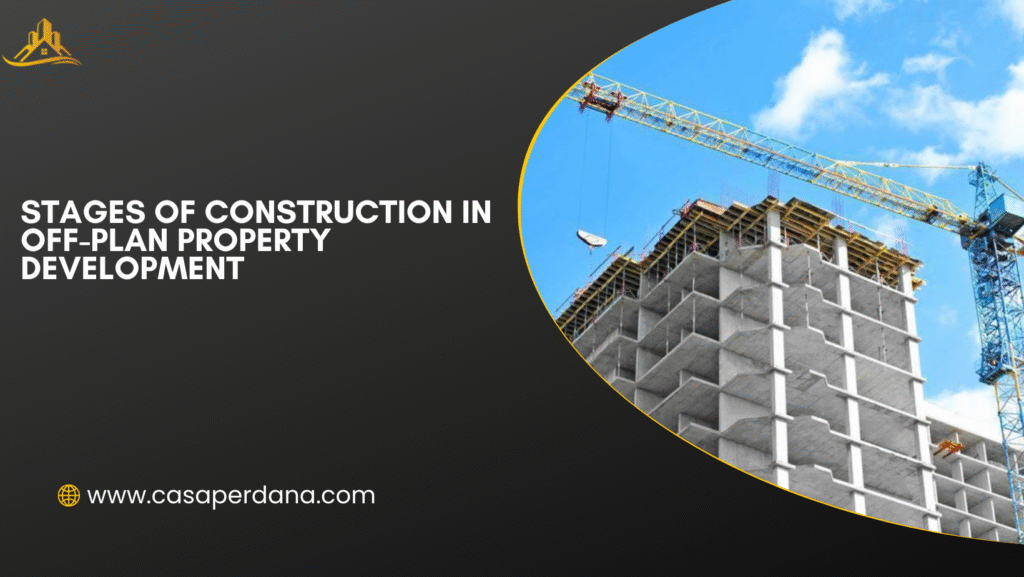Are you curious about what off-plan property investment really means? Do you want to understand how it works and why so many investors are taking advantage of it? In this guide, we’ll break down everything you need to know about off-plan property investment, from how it works to its potential benefits and risks.

Off-plan property investment involves purchasing real estate before construction is completed, or even before it begins. In this case, buyers commit to buying a property by reviewing architectural plans, mock-up images, or 3D models.
Since the property doesn’t physically exist yet, investors rely on the developer’s reputation, proposed layout, and location potential.
This investment approach is common in growing markets where real estate demand is rising.
It allows investors to lock in property at current prices, even though completion and market value may change in the future. Once the building is finished, the property’s value often increases, providing instant profit for the investor.
How Does Off-Plan Investment Work?
The process begins when a property developer announces a new residential or commercial project. Buyers can review the design plans, apartment sizes, location features, and pricing details. If the project appeals to them, they can secure a unit by paying an initial deposit, often between 10% to 30% of the full price.
The remaining payments are usually made in phases during the construction period. These phases could be tied to milestones, such as foundation laying, structure completion, roofing, or finishing.
When the development is completed and handed over, the buyer takes full ownership. At this point, the buyer can:
- Move into the property
- Sell it at a higher price (if value has appreciated)
- Rent it out for income
Top Benefits of Off-Plan Property Investment

1. Discounted Purchase Prices
Developers often offer early-bird prices to attract investors during the planning or construction phase. This means you can buy the property for 10–30% less than its projected market value at completion.
2. Capital Appreciation
As construction progresses, the property’s value tends to rise, especially if the location becomes more desirable or if the market grows. By the time the project is completed, your investment could already be worth significantly more than you paid.
3. Flexible Payment Plans
Unlike traditional property purchases that require full payment or mortgage approval upfront, off-plan properties offer structured installment plans. You can spread your payments over 12 to 36 months, depending on the developer’s offer.
4. Customization Options
Many developers allow buyers to choose interior fittings, wall colors, or even room layouts. This level of personalization is rare in ready-built properties and adds value for future resale or personal use.
Risks of Off-Plan Property Investment
1. Project Delays
Construction delays are common and can extend the timeline beyond your expectations. These delays can affect your plans for moving in, renting out, or reselling.
2. Market Fluctuations
The real estate market is never static. Prices can go down due to economic changes, government policies, or shifts in demand. If property values drop before the project is completed, you may not gain as much as expected.
3. Developer Reliability
If the developer runs into financial trouble or disappears, the project could be abandoned. That’s why it’s critical to choose developers with proven experience and a strong reputation.
4. No Immediate Rental Income
Since the property is under construction, you won’t be able to rent it out or generate income until the handover. This can affect your cash flow if you depend on rental returns.
How to Reduce Investment Risks

- Research the Developer: Investigate the developer’s track record, past projects, and delivery timelines. Avoid new or untested firms without a strong portfolio.
- Review Legal Documents: Hire a property lawyer to check contracts, permits, and developer credentials. Ensure that there is an escrow account to protect your payments.
- Study the Area: Look for developments in high-growth areas with planned infrastructure, schools, shopping centers, or business hubs.
- Understand the Payment Structure: Make sure the payment schedule matches your income or budget. Avoid overcommitting financially.
The Role of Location in Off-Plan Investment
Location is the single most important factor in any property investment. For off-plan deals, it’s even more crucial because you’re buying into the future of an area.
Choose locations where:
- Government or private developers are investing in roads, transport, and utilities.
- Population growth or migration is increasing housing demand.
- Commercial or business activities are thriving.
Areas under regeneration or urban expansion tend to appreciate faster. Being early in such zones can bring high returns once the area becomes fully developed.
Is Off-Plan Property Investment Right for You?
Off-plan property investment is ideal if you:
- Are a long-term investor looking to build wealth
- Have flexible funds for phased payments
- Can wait for completion before needing returns
- Want to enter the property market at a lower price
It’s also suitable for overseas investors who want to take advantage of currency exchange and economic growth in emerging markets.
Off-Plan vs. Completed Properties
| Criteria | Off-Plan Property | Completed Property |
| Price | Lower entry price | Higher purchase cost |
| Returns | Delayed, but potentially higher | Immediate rental income |
| Customization | High – choose finishes | Limited – already constructed |
| Risk | Construction delays, market dip | Low – all features are visible |
| Appreciation | Strong in growing areas | Moderate if area is already developed |
In conclusion, off-plan property investment can be a powerful tool to grow wealth. With the right developer, location, and timing, it offers high returns, payment flexibility, and customization. However, like all investments, it comes with risks. Do your research, seek legal support, and plan carefully.
When done wisely, buying off-plan can be your gateway to financial freedom in the property market.
Related Post:




